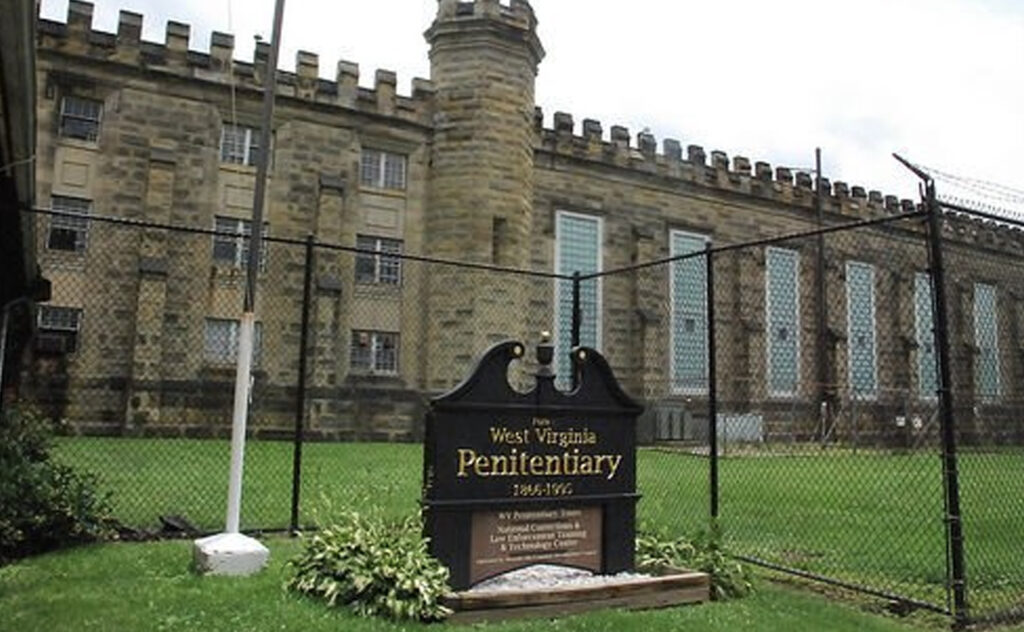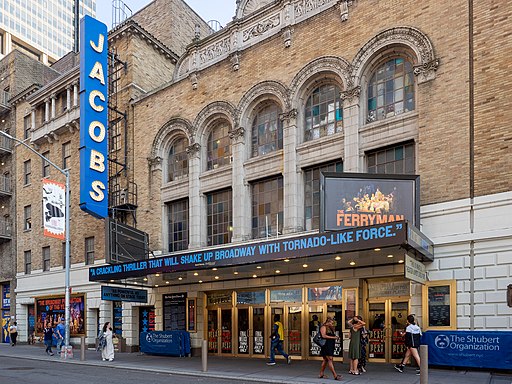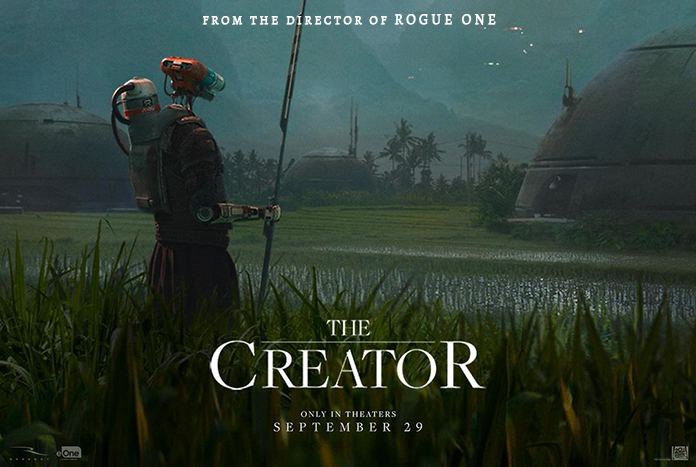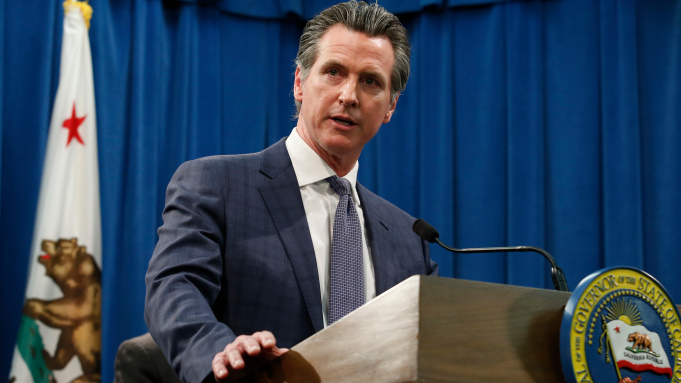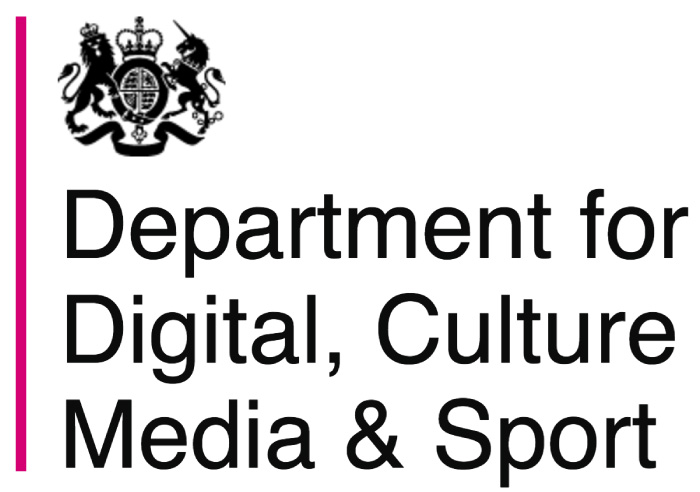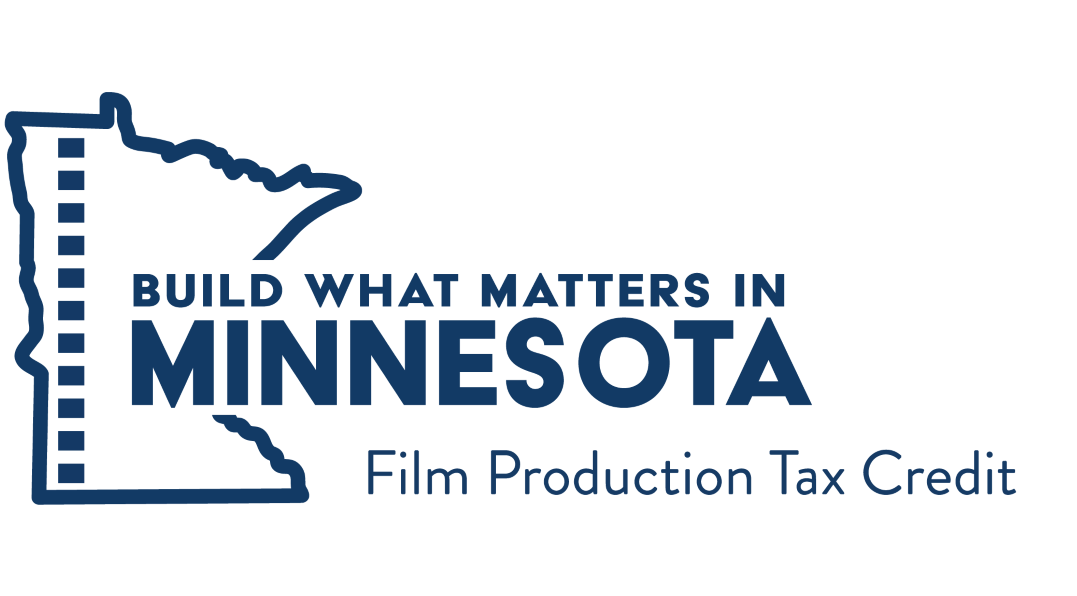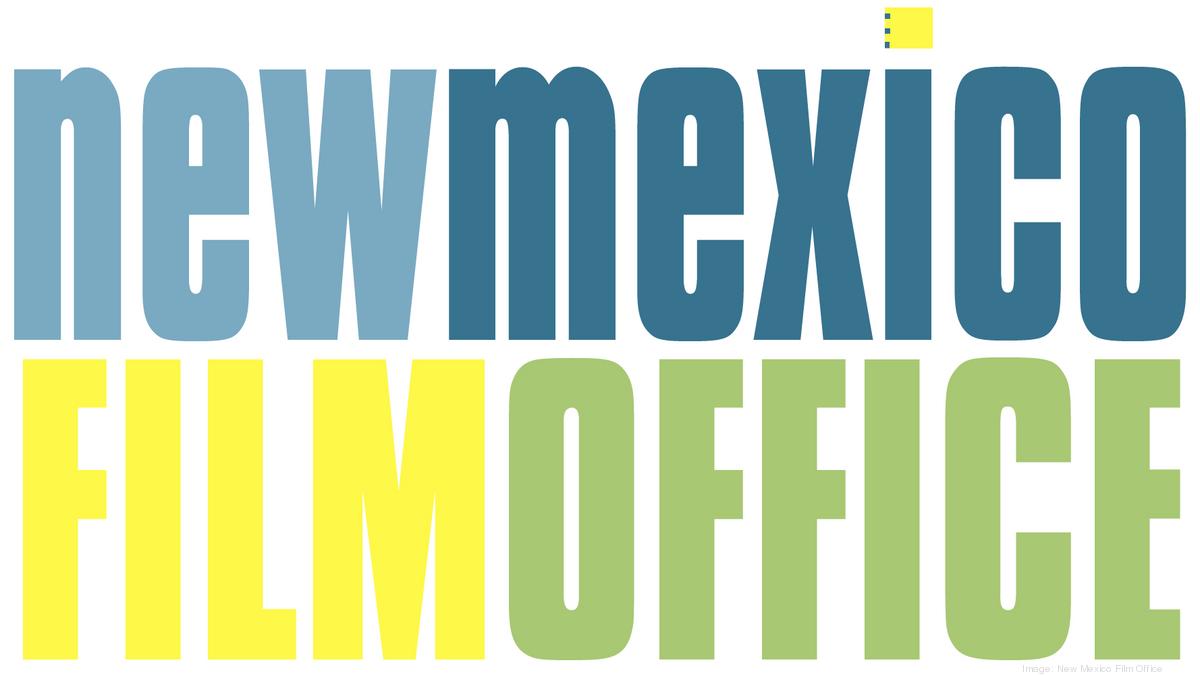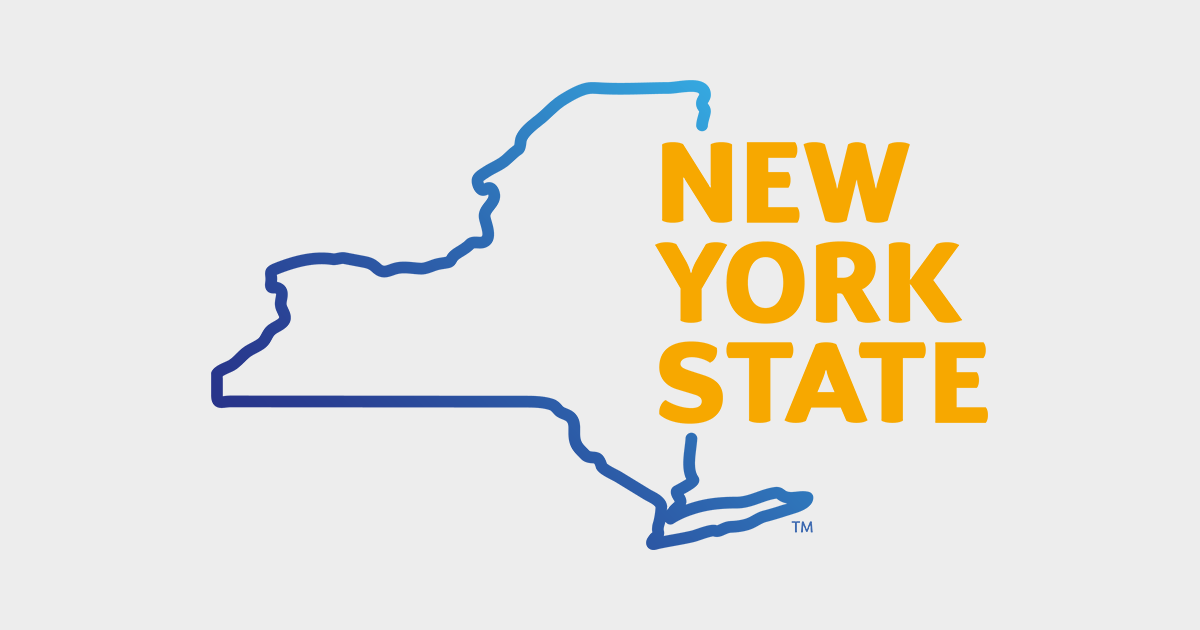Ravamped Film Tax Credit Expected To Creat Mountain State Movie Mecca
(wvnews.com)
WV Film Office managers say West Virginia has got a story to tell with its mountains and its people. They want to share that with the world, on film.
After repealing state filming policies in 2018 that failed to provide a positive return on investment, the Office of Economic Development has re-established the WV Film Office with a revamped State Film Tax Credit now in play.
Randy Yohe talked with state business development manager Meghan Smith and workforce developer Dave Lavender. They say film production companies bringing in new revenues and jobs may soon be calling out lights, camera, action — at a location near you.
Randy: How does the tax credit work, Meghan?
Smith: When a production company comes to West Virginia, they would be eligible, depending on certain parameters in state code, to get back up to 31% of direct expenditures in West Virginia. There is a base of 27% of those direct expenditures but there’s also a possibility of getting extra percentage points. So they can get up to 31% if they hired 10 or more West Virginia residents full time as part of that production.
Randy: Are there already projects in the West Virginia Film Office pipeline?
Smith: There’s a lot of interest. We’ve seen projects that will be on Lifetime, projects that will be on Fox Nation. Last week, we had the opportunity to talk to folks at the Motion Pictures Association. Folks were on that call from HBO, Paramount, Disney, Netflix. It’s something really special and something that has a lot of momentum right now. And that is not going to stop anytime soon.
Randy: The film tax credit has no cap and it’s transferable and sellable. What does that mean? And how do those two points give West Virginia a competitive advantage over other states already rolling with their film offices.
Smith: No cap on the credits is a big deal. It’s very attractive to production companies. It also makes us more competitive, because some of our surrounding states like Maryland and Pennsylvania, do have caps on their credit. So what happens is with production companies, those states may run out of credits, and then they look immediately to West Virginia, because we have the ability to not only accommodate their production, we can also double as Maryland if we need to or double as Pennsylvania, the geography and the landscape can be similar, but we also have a lot of really great and unique locations.
The companies can use those credits against their corporate net income or personal income taxes. They often have the ability to sell those to a third party or someone else so they can get a good return on their investment.
Randy: Describe an eligible project.
Smith: To be eligible, a project would need to have at least $50,000 in direct expenditures in West Virginia; it can be a feature length film, it can be a TV series, TV pilot program, anything like that. As long as they’re distributed in at least one other state than West Virginia. We’re really looking for impactful significant projects that are going to be seen beyond the Mountain State.
Randy: You have 5,000 locations already charted in West Virginia? What would be an example Dave of some of those locations?
Lavender: Randy, somebody said, either be first, best or original, and definitely West Virginia’s original. And that’s what Hollywood is looking for — some of these original locations. Places like the Trans-Allegheny Asylum, Moundsville Prison, these are kind of amazing places to film. Places in each corner of the state. But anything can be a location. As Megan was alluding to, West Virginia can serve as a backdrop for Maryland or Pennsylvania. We’re really a geographical chameleon.
Randy: Talk about the expected community economic benefits that are expected from West Virginia film productions.
Lavender: Most shoots are probably more than a few days, and sometimes weeks and can be into months and all of that money is circulating in your community. People need places to stay, they need catering, they need costuming, they may need horses, they may need classic cars.
The film industry is one of those really interesting, economic octopi, its tentacles go way out into a community and touch a lot of different parts that you wouldn’t necessarily think would be. And so that’s the exciting, immediate economic benefit.
Lavender: And of course, putting people to work. Last year, according to the Motion Pictures Association, we had $120 million in wages, just with eight TV series here in West Virginia, stuff like Barnwood Builders. And that was equivalent to 1,980 jobs directly. And then 3,880 jobs, indirect, like the service providers that I was talking about.
We’re hoping to really bring in a lot more folks to West Virginia, because we think that West Virginia has got a story to tell with its mountains and its people, and we want to share that with the world.
Smith: We have a really great tool on our newly launched webpage that allows productions and companies to look at the various locations around West Virginia. Folks in the industry here can even upload their own locations, as well as search through the crew and services directory. That’s all at westvirginia.gov/wvfilm.
By: Randy Yohe
Continue Reading at wvnews.com

